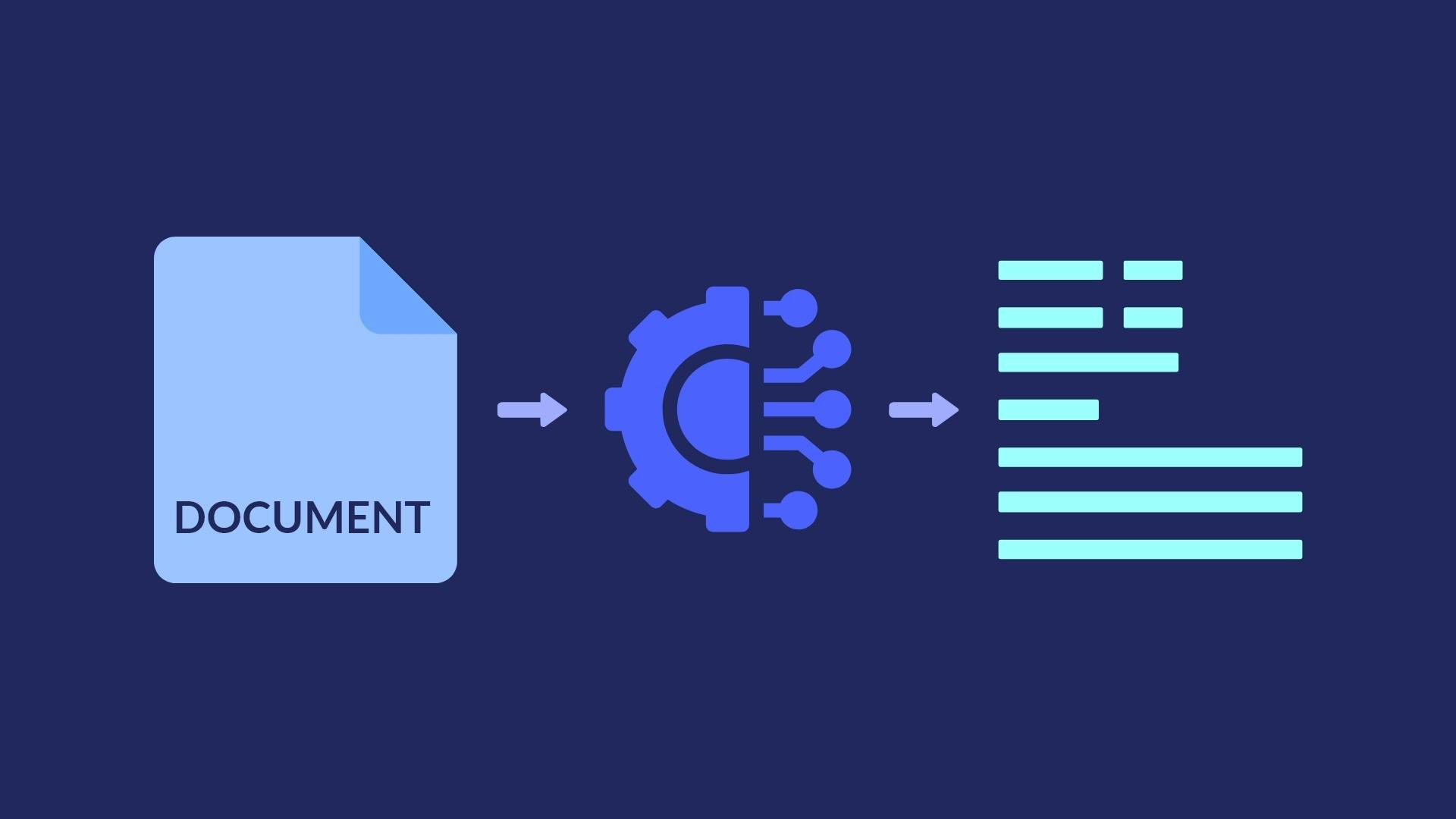Discover the Benefits of Intelligent Document Processing (IDP) for Business Transformation
In today's digital age, businesses are generating and processing vast amounts of data every day. However, manually processing this data can be a tedious and time-consuming task, prone to errors and inefficiencies. This is where Intelligent Document Processing (IDP) comes in. IDP leverages advanced technologies such as artificial intelligence, machine learning, and computer vision to extract and analyze information from various types of documents, including invoices, contracts, forms, and more. In this blog, we will explore how IDP is a catalyst for transformation, its benefits, and a SWOT analysis of the technology.
Benefits of IDP
IDP can be beneficial in a wide range of industries, including finance, legal, healthcare, and more. One of the most significant benefits of IDP is automation. IDP automates manual and time-consuming tasks such as data entry, freeing up employees to focus on more strategic tasks. This automation can save hours of manual work and reduce the risk of errors associated with manual data entry.
Another critical advantage of IDP is its ability to reduce the risk of errors. Manual data entry is prone to mistakes, which can have significant consequences, particularly in industries such as finance and healthcare. IDP eliminates the need for manual data entry, reducing the risk of errors and increasing the accuracy of the information processed.

IDP can also improve efficiency and streamline processes. For example, in the legal industry, contracts and agreements contain important information that must be reviewed and processed quickly and accurately. IDP can extract information such as contract terms, dates, and key provisions, reducing the time and effort required to manually review these documents. In addition, IDP can be used to monitor compliance with the terms of contracts, ensuring that all parties are adhering to the agreed-upon conditions.
SWOT Analysis of IDP
A SWOT analysis is a strategic tool used to evaluate the strengths, weaknesses, opportunities, and threats of a particular technology or solution. Here is a SWOT analysis of IDP:
Strengths:
Automation: IDP automates manual and time-consuming tasks, such as data entry, freeing up employees to focus on more strategic tasks.
Accuracy: IDP reduces the risk of errors associated with manual data entry and increases the accuracy of information processed.
Efficiency: IDP streamlines processes and improves efficiency, leading to significant time and cost savings for organizations.
Scalability: IDP can be easily scaled to meet the changing needs of organizations as they grow.
Weaknesses:
Dependence on technology: IDP relies on advanced technologies such as artificial intelligence and machine learning, which can be expensive and difficult to implement.
Data privacy and security concerns: IDP processes sensitive information, which can raise concerns about data privacy and security.
Limited document types: IDP may not be able to process certain types of documents, such as handwritten or highly complex documents.
Opportunities:
Wide range of applications: IDP can be applied in a variety of industries, including finance, legal, healthcare, and others, to streamline processes and improve efficiency.
Growing demand: As organizations continue to embrace digital transformation, the demand for IDP is expected to grow.
Integration with other technologies: IDP can be integrated with other technologies, such as enterprise resource planning (ERP) systems, to provide even greater business value.
Threats:
Competition: IDP is a growing market, and there is intense competition from established players as well as new entrants.
Technological advancements: The pace of technological advancements in the IDP market is rapid, and companies must continuously innovate to stay ahead.
Regulatory environment: The regulatory environment for IDP is rapidly evolving, and companies must stay up-to-date with new regulations
In conclusion, Intelligent Document Processing (IDP) is a powerful tool that can significantly impact various industries by automating manual and time-consuming tasks, reducing errors, and increasing efficiency. With the potential to streamline business processes and improve accuracy, IDP can drive business value and support digital transformation efforts.
We hope that this blog 📝📝 has provided you with valuable insights into the benefits and applications of IDP, as well as a SWOT analysis of this technology. If you found this article informative, please like, comment, and share it with your colleagues and friends.
Thank you 👏👏 for taking the time to read this blog. We appreciate your interest and look forward to providing you with more informative content in the future.


